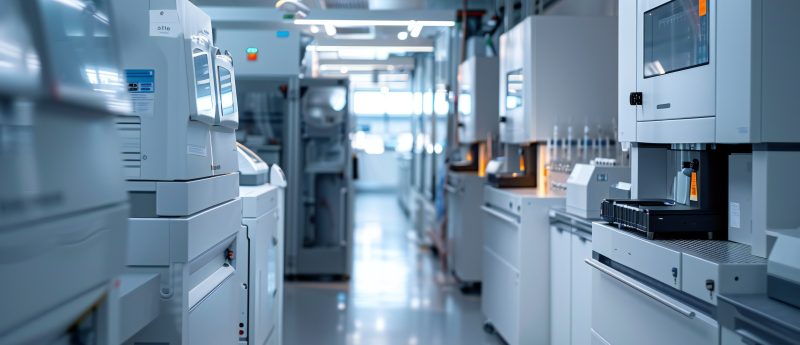Team designs inexpensive single-cell MS device

Researchers from the University of Oklahoma (OK, US) have developed a novel ‘Single-probe’ MS that is capable of of real-time, in situ metabolomic analysis of individual living cells. According to the team, the device enables the study of cells that would otherwise be difficult to obtain or culture, such as stem cells and patient samples.
The Single-probe comprises a miniaturized multifunctional sampling and ionization device that is directly coupled to the MS. With a sampling tip smaller than individual eukaryotic cells (<10 μm), the Single-probe may be inserted into single cells to sample the intracellular compounds for real-time MS analysis. The team, which was led by Anthony Burgett and Zhibo Yang, observed that the device involved no preparation and no delay between sampling and analysis.
In a recent report, the group demonstrated the Single-probe’s ability to detect several cellular metabolites and the anticancer small molecules paclitaxel, doxorubicin, and OSW-1 in individual cervical cancer cells (HeLa).
The first device of this nature was pioneered by Tsutomu Masujima, at the RIKEN Research Institute (Osaka, Japan). According to Zhibo Yang, in comparison to Masujima’s design, the Single-probe is more economical and more efficient in terms of setup and time taken per cell. In this regard, Yang hopes that such advantages “will usher in a new era where single-cell MS analysis is a universally employed technique.”
Source: Tiny tips reveal cells’ chemical secrets; Pan N, Rao W, Kothapalli NR, Liu R, Burgett AWG, Yang Z. The Single-Probe: A Miniaturized Multifunctional Device for Single Cell Mass Spectrometry Analysis. Anal. Chem. 86 (19) 9376–9380 (2014).






